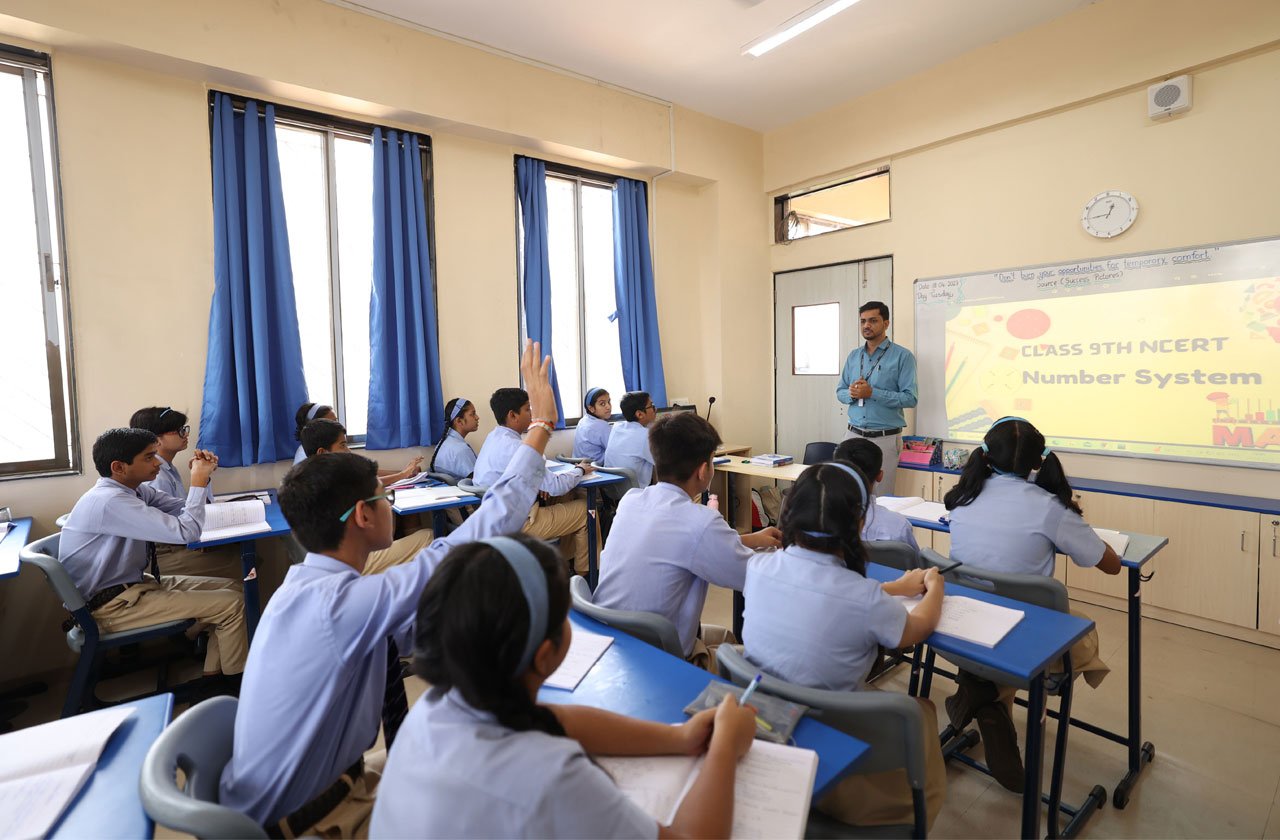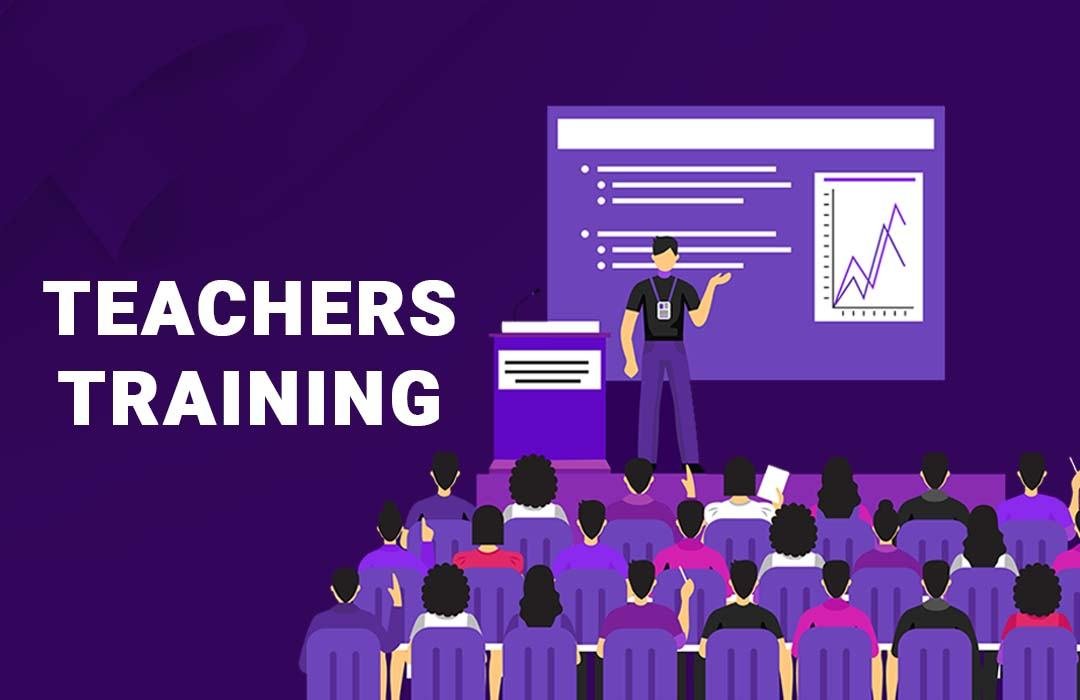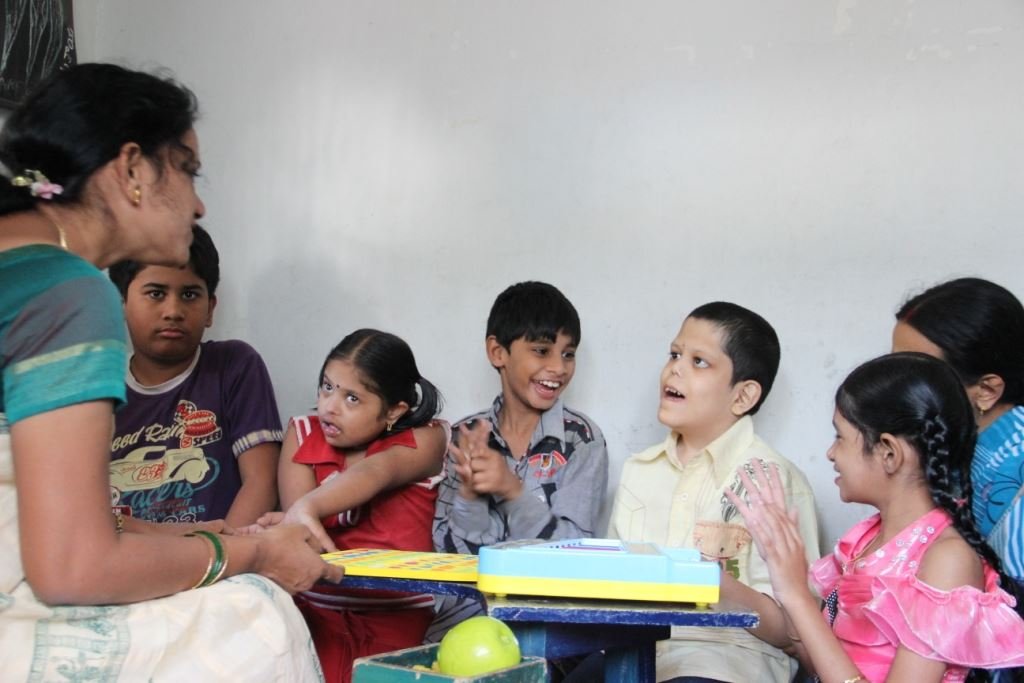Education is the most powerful tool to transform societies and build prosperous, inclusive, and sustainable communities. Among all levels of education, primary education plays a foundational role in shaping individuals and societies. Often regarded as the first step toward a lifelong journey of learning, primary education establishes the building blocks for academic, emotional, social, and cognitive development. It equips young learners with the fundamental skills necessary to navigate the complexities of life, laying the groundwork for personal and professional growth.
This article explores the critical importance of primary education, the challenges it faces globally, and its impact on society and individuals. It also addresses frequently asked questions about primary education and concludes with key takeaways to emphasize its value.
Key Takeaways
- Foundation for Lifelong Learning: Primary education lays the groundwork for all subsequent learning and personal development.
- Critical Skills Development: It equips children with essential literacy, numeracy, and cognitive skills.
- Social and Emotional Growth: Primary education fosters social interaction, empathy, and emotional resilience.
- Global Challenges: Barriers such as lack of access, poor quality, and gender inequality must be addressed to achieve universal education.
- Societal Impact: Education drives economic growth, reduces inequality, and strengthens democracy.
- Collaborative Efforts Needed: Ensuring quality primary education requires collective action from all stakeholders.
- Empowerment Through Education: Primary education empowers individuals to lead fulfilling lives and contribute positively to society.
The Role of Primary Education in Lifelong Learning
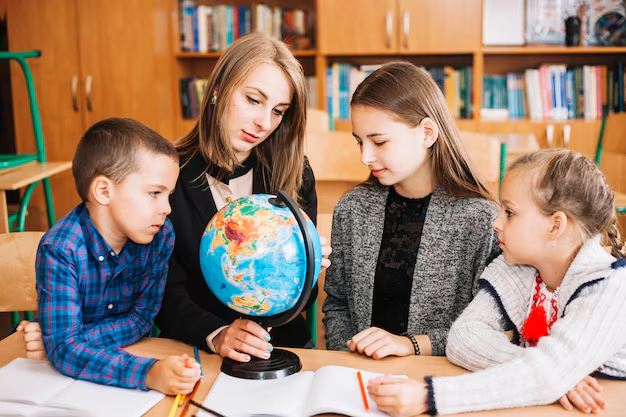
Building Basic Literacy and Numeracy Skills
Primary education introduces children to essential literacy and numeracy skills. Reading, writing, and arithmetic form the foundation for all subsequent learning. Without these skills, individuals struggle to access higher education, secure employment, and participate actively in society. By mastering these basic competencies, children gain the tools to acquire knowledge throughout their lives.
Cognitive and Emotional Development
During the primary education years, children undergo significant cognitive and emotional growth. The structured learning environment encourages problem-solving, critical thinking, and creativity. Additionally, children learn to regulate their emotions, build self-confidence, and develop resilience. These skills are vital for facing challenges in both academic and real-world settings.
Fostering Social Skills
Primary education provides a social platform for children to interact with peers, teachers, and other members of the community. Through group activities, collaborative projects, and classroom discussions, children develop interpersonal skills, empathy, and cultural awareness. These social skills are essential for building healthy relationships and contributing positively to society.
Instilling Values and Ethics
Education is not limited to academic instruction; it also imparts moral values and ethical principles. Primary education teaches children about honesty, respect, responsibility, and fairness. These values guide their behavior and decision-making, shaping them into responsible citizens.
Bridging Inequality
Primary education serves as a powerful tool for reducing social and economic disparities. By providing equal opportunities for all children, regardless of their background, it creates a level playing field. Education empowers marginalized communities, helping them break the cycle of poverty and achieve socio-economic mobility.
Global Challenges in Primary Education
Despite its importance, primary education faces several challenges worldwide. Addressing these issues is crucial for ensuring that every child has access to quality education.
Lack of Access
In many parts of the world, children face barriers to accessing primary education due to poverty, geographical isolation, conflict, or discrimination. According to UNESCO, millions of children are still out of school, with sub-Saharan Africa and South Asia being the most affected regions.
Poor Quality of Education
Access alone is not enough; the quality of education is equally important. Inadequate infrastructure, poorly trained teachers, and lack of teaching resources often result in substandard education. This hampers children’s ability to achieve meaningful learning outcomes.
Gender Inequality
Gender disparities in education remain a significant challenge, particularly in developing countries. Girls are often denied access to education due to cultural norms, early marriage, or household responsibilities. Promoting gender equality in education is essential for achieving broader social equity.
Impact of Conflict and Crises
Wars, natural disasters, and other crises disrupt education systems, leaving millions of children without access to schooling. Refugee children are particularly vulnerable, as they often lack the stability and resources needed for education.
Digital Divide
The COVID-19 pandemic highlighted the importance of digital tools in education but also exposed the digital divide. Many children lack access to technology and the internet, preventing them from benefiting from online learning opportunities.
The Impact of Primary Education on Society

Primary education has far-reaching effects on individuals and society as a whole. Here are some key ways it contributes to societal development:
Economic Growth
Education is a driving force behind economic progress. Literate and skilled individuals contribute to a more productive workforce, fostering innovation and economic growth. Countries with higher primary education enrollment rates often experience greater economic stability and development.
Improved Health Outcomes
Education positively impacts health by increasing awareness about hygiene, nutrition, and disease prevention. Educated individuals are more likely to make informed decisions about their health and seek medical care when needed. Additionally, educated mothers are more likely to ensure their children receive proper healthcare and nutrition.
Reduced Inequality
By providing equal opportunities for all, primary education reduces social and economic disparities. It empowers individuals from marginalized communities, enabling them to participate fully in society and improve their living standards.
Strengthened Democracy
Education fosters critical thinking and informed decision-making, which are essential for a functioning democracy. Educated citizens are more likely to participate in political processes, advocate for their rights, and hold governments accountable.
Social Cohesion
Primary education promotes understanding and tolerance among diverse groups. By teaching children about different cultures, religions, and perspectives, it fosters mutual respect and reduces prejudices, contributing to social harmony.
The Foundations of Early Development
Early childhood, spanning from birth to age five, is a critical period for a child’s educational, cognitive, and social growth. This stage marks the beginning of identity formation and the rapid development of cognitive skills (Richter et al., 2019). The brain’s heightened plasticity during these years makes it an opportune time for learning and skill-building. Early childhood education (ECE) plays a pivotal role in shaping a child’s developmental path, fostering essential abilities that influence their intellectual, emotional, and physical milestones (Alfonso & DuPaul, 2020). Recognising the importance of these formative years, this article explores how ECE nurtures a child’s growth across these domains.
Intellectual and Physical Growth
ECE provides children with a strong intellectual foundation, enhancing their ability to think critically and grasp fundamental concepts (Karlsson Lohmander, 2022). During this stage, linguistic and literacy skills are developed, enabling children to read, write, and master language use. Additionally, physical activities like role-playing, jump rope, and hopscotch are integral to developing fine and gross motor skills (Lifter et al., 2011). These activities not only strengthen muscles and improve coordination but also help children achieve physical milestones essential for their overall well-being.
Social and Emotional Development
Equally important is the emotional and social growth fostered through ECE. Social interactions allow children to understand and manage their emotions, building the empathy necessary for forming meaningful relationships (Karlsson Lohmander, 2022). Structured group activities teach children to communicate, collaborate, and navigate social dynamics. Without these experiences, children may struggle to regulate emotions and maintain connections in later life. The absence of adequate emotional development can have profound consequences, as seen in extreme cases like Jeffrey Dahmer (Palermo, 2022). By nurturing emotional intelligence and social skills, ECE lays the groundwork for a child’s ability to thrive in their personal and professional relationships.
Early childhood education is a transformative period that impacts a child’s intellectual, physical, social, and emotional growth. It equips children with the tools to navigate life’s challenges and opportunities, setting the stage for lifelong learning and development. Parents and caregivers must prioritise this critical phase to ensure children reach their full potential as individuals and as members of society.
Education: The Cornerstone of Personal Development
Education serves as the foundational pillar upon which individuals construct the framework of their lives. It is a dynamic process that extends beyond the mere accumulation of facts, offering a transformative journey towards self-discovery and empowerment.
Education equips individuals with essential knowledge and skills, providing a toolbox for navigating the complexities of the world. More than rote learning, it fosters critical thinking and creativity, encouraging individuals to question, analyze, and innovate.
Crucially, education opens doors to a world of opportunities, laying the groundwork for career paths and personal pursuits. It is the catalyst for personal growth, instilling a love for lifelong learning that ensures adaptability in an ever-changing world.
Education is not confined to classrooms; it shapes responsible citizens. It imparts values, ethics, and a sense of social responsibility, fostering individuals who contribute positively to society.
In essence, education is the key to unlocking individual potential. It builds the foundation for a purposeful and fulfilling life, where informed choices, continuous learning, and societal contributions become integral components of personal development.
Opportunities In Modern Educational System
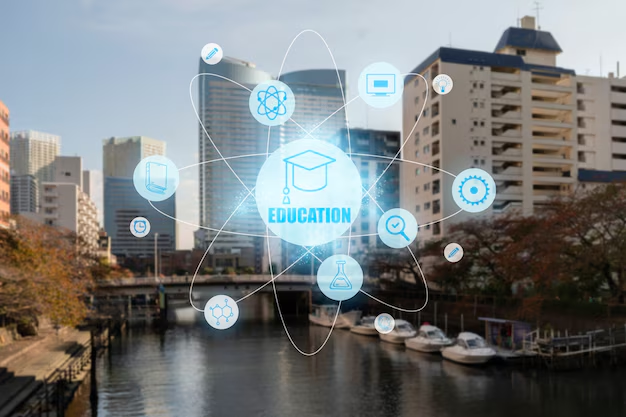
The Push For Individualised Learning
In the pursuit of academic excellence, the synergy of personalised learning and coordinated efforts proves to be a dynamic force, propelling students toward continuous success.
Sunbeam World School take-care of the fact that our students excels in a particular subject or requires additional support, this modern approach ensures that they receive the guidance and resources tailored to their unique strengths and challenges.
Furthermore, Sunbeam World School ensures personalised learning to equip our students with essential skills for the future. Coordination, both among educators and between educators and parents, is the linchpin of this success. When teachers, parents, and students work in tandem, the support system becomes robust, providing a scaffold for achievement. Students of Sunbeam World School are learning to take ownership of their education, preparing them for a future where continuous learning is the key to success.
As the faculty of Sunbeam World School embrace the digital age, personalised learning is not just a trend; it’s a necessity. It empowers students to explore their passions, fosters a lifelong love for learning, and sets the stage for a bright and promising future. Investing in personalised learning is an investment in the potential of each child, unlocking opportunities and shaping a generation of well-rounded, adaptable individuals ready to thrive in the complexities of tomorrow’s world.
Online Learning & Virtual Classrooms
Students who are unable to attend regular classes because of financial constraints or busy schedules might take advantage of online learning from institutions such as Sunbeam World School providing the advantage of homeschooling which has significantly transformed education and raised students aspirations.
Online learning brought about a change in the way that learning activities and discussions were conducted . Online learning from Sunbeam World School eliminates the need for in-person interactions between teachers and students, in contrast to traditional learning. Based on their availability to attend classes, students create schedules and Time-table.
Conversely students are allowed to work through the course material whenever they are made available. Students can learn at their own pace with Sunbeam World School’s homeschooling which helps to ensure that they thoroughly understand the material and saves their time which they might waste sitting in traditional classrooms.
With online education from Sunbeam World School, students may exercise a great deal of self confidence , discipline and accountability. Students may waste time and score poorly on exams when they lack discipline. There are no in-person conversations, students schedule their own schedules, tardiness is not penalised, and debate of ideas and viewpoints is welcomed
The necessity to travel to school each day to attend classes was abolished by online learning . Online learning allows students to attend classes from anywhere in the globe at any time. Individual study took precedence over group projects and conversations
Students of Sunbeam World School do, however, have the option to participate in online group discussions where they can impart expertise and information to other students. Since many students desire to remain independent, online discussion forums are not very widespread . The removal of in-person contacts between teachers and students altered the way that learning is done.
Interdisciplinary Approaches
A teaching strategy known as interdisciplinary education incorporates ideas and concepts from several academic areas into a single project or lesson. This approach improves student’s comprehension and memory of material by assisting them in making connections between other subjects. Interdisciplinary classes promote a more comprehensive approach to learning by dismantling the barriers associated with traditional topic areas.
Sunbeam World School’s adaptation of Inter disciplinary approach works well with our online settings because of the curriculum creation being variable.
Understanding Primary Education
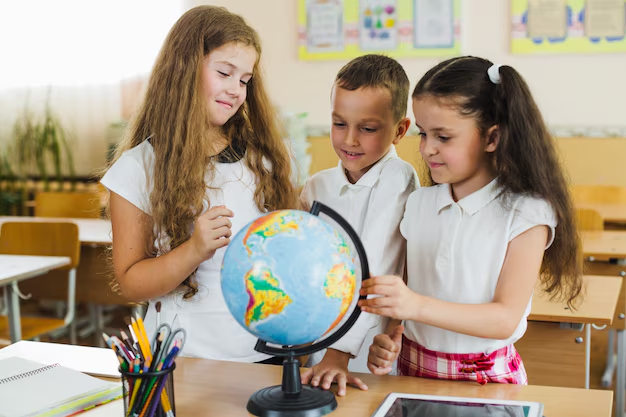
Primary education refers to the initial stage of formal education that children receive, usually between the ages of five and twelve. It is the fundamental building block for future learning, equipping children with essential skills and knowledge. Primary education lays the groundwork for a lifetime of learning and personal growth by providing a structured learning environment. In this context, quality education becomes crucial, as it ensures that the fundamental building block provided by primary education is strong, comprehensive, and capable of setting children on the path to success.
During primary education, children are introduced to various subjects that form the basis of their academic journey. These subjects include mathematics, language arts, social studies, and science. Through engaging lessons and interactive activities, primary education aims to cultivate a solid foundation in these core areas.
Primary education is not solely focused on academic subjects. It recognizes the importance of a well-rounded education and incorporates physical education and arts programs. Physical education helps children develop motor skills, coordination, and physical fitness. On the other hand, arts programs nurture creativity, self-expression, and an appreciation for various art forms.
The Importance of Primary Education
The significance of primary education cannot be overstated. It is during this critical period that children acquire essential cognitive, social, emotional, and academic skills. Primary education fosters a love for learning, encourages curiosity, and prepares children for future academic challenges. Additionally, it provides a safe and nurturing environment where children can develop important life skills, values, and attitudes.
One of the key benefits of primary education is its role in nurturing a lifelong love for learning. Primary education sparks curiosity and encourages active learning by introducing children to various subjects and teaching methods. This curiosity serves as a driving force that motivates children to explore new ideas, ask questions, and seek knowledge even beyond the classroom.
Primary education plays a crucial role in social and emotional development. It allows children to interact with their peers, develop social skills, and build meaningful relationships. Through group activities, collaborative projects, and classroom discussions, children learn to communicate effectively, respect others’ opinions, and work together towards common goals. These social skills are invaluable in the later stages of education and in various aspects of life.
Additionally, primary education instills important values and attitudes in children. It promotes honesty, integrity, respect, and empathy, which are essential for creating a harmonious and inclusive society. Primary education also helps children develop a sense of responsibility, independence, and self-discipline, preparing them to navigate the challenges of adulthood.
In conclusion, primary education forms the foundation for a child’s educational journey. It introduces fundamental subjects, fosters a love for learning, promotes holistic growth, and prepares children for future academic and personal challenges. By providing a nurturing and stimulating environment, primary education equips children with the skills, knowledge, and values they need to thrive in an ever-changing world.
The Role of Primary Education in Child Development
Primary education plays a vital role in shaping a child’s overall development. It goes beyond academic learning and contributes significantly to their cognitive, social, and emotional growth.
Regarding cognitive development, primary education provides children with various activities stimulating their intellectual capabilities. These activities go beyond the traditional classroom setting and encourage children to think critically, solve problems, and use logical reasoning. Through engaging lessons and interactive teaching methods, primary education enhances a child’s cognitive processes, allowing them to analyze information, make informed decisions, and apply their knowledge effectively.
Primary education plays a crucial role in social and emotional development. In the classroom, children have ample opportunities to interact with their peers, which helps them develop essential social skills such as cooperation, communication, and empathy. Through group projects, collaborative learning activities, and extracurricular programs, primary education fosters a sense of community and belonging, enabling children to develop strong interpersonal skills that will benefit them throughout their lives. To further enhance these experiences and promote quality education, schools can implement diverse teaching strategies and inclusive practices that cater to the varying needs of all students.
Also Read : Navigating Challenges: A Comprehensive Guide To Special Education Policies And Practices
Conclusion
Primary education is the cornerstone of lifelong learning and plays a transformative role in shaping individuals and societies. By providing children with foundational skills, cognitive development, and social values, it prepares them to navigate the challenges of life and contribute meaningfully to their communities. Despite its critical importance, primary education faces significant challenges that require urgent attention and collaborative solutions.
Investing in primary education is an investment in the future. Governments, organizations, educators, and communities must work together to ensure that every child has access to quality education. By doing so, we can build a more equitable, prosperous, and harmonious world.
FAQs
What is primary education?
Primary education refers to the initial stage of formal education, typically for children aged 6 to 12 years. It focuses on foundational skills such as literacy, numeracy, and basic knowledge of subjects like science, social studies, and language.
Why is primary education important?
Primary education is crucial because it lays the groundwork for lifelong learning. It equips children with basic skills, promotes cognitive and social development, and prepares them for higher education and future challenges.
How does primary education impact society?
Primary education contributes to economic growth, reduces inequality, improves health outcomes, strengthens democracy, and promotes social cohesion. It empowers individuals and fosters inclusive development.
What are the challenges in achieving universal primary education?
Challenges include lack of access, poor quality of education, gender inequality, impact of conflict and crises, and the digital divide. Addressing these issues requires collective efforts from governments, organizations, and communities.
How can parents support their children’s primary education?
Parents can support their children by creating a conducive learning environment at home, encouraging reading and curiosity, communicating regularly with teachers, and providing emotional support and guidance.
What role do teachers play in primary education?
Teachers are instrumental in shaping young minds. They impart knowledge, foster critical thinking, and serve as role models. Their training, dedication, and teaching methods significantly impact the quality of education.
How can technology improve primary education?
Technology can enhance primary education by providing access to diverse learning resources, enabling personalized learning, and fostering engagement through interactive tools. However, addressing the digital divide is essential to ensure equitable access.


